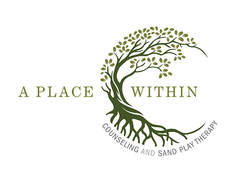A Royal Pain: |
AuthorJordan Prebys, MA, LPC, Archives
March 2021
Categories
All
|
A Royal Pain: |
AuthorJordan Prebys, MA, LPC, Archives
March 2021
Categories
All
|
